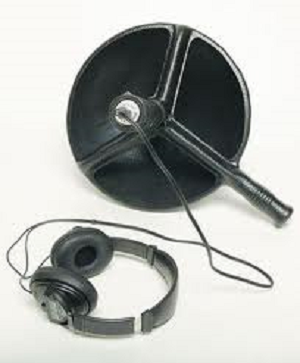The company that created the bionic ear issued a memorandum that would recall all the world’s thinnest hearing implants after the report, that some of their products suddenly stop working.
Cohclear, The Sydney-Based Company which leads the way in the world’s bionic ear market, they do not; know the reason why the award-winning Nucleus CI500 devices were abruptly shutting down.
The company has started recalling the whole Nucleus CI500 range, making up the bulk of its sales, from shelves after a report that many of its products have some flaws in it.
Whereas Cochlear thinks the faults are doubtful to cause any health problems for people with flawed implants they are offering substitution models for re-implantation.
The news sent Cochlear’s shares into a tailspin, with the stock plummeting more than 25 percent at one stage amid uncertainties about the economic impact and possible damage to the company’s standing the recall could cause.
Shares in Cochlear fell 14.68 Australian dollars ($15.21), or 20 percent, to close Monday at AU$57.50 ($59.58), the lowest in more than two years.
Cochlear chief executive Chris Roberts said he was incapable of saying how many of the supremely reliable titanium-based devices were out of order.
As less than 1 percent of the Nucleus CI500 devices had unsuccessful since they hit the market in 2009, there had been a constant rise in faults accounted in recent weeks.
Robert said that they need to evaluate as they want to avoid saying it is ‘a’ or ‘b’ or ‘c’ when they have to up every stone and check option.
People built-in with CI500 units but who have not come across with any problems advised to carry on using the device.
 The intentional recall of the Nucleus CI500 range incorporates the CI512 model as well as the CI513, CI551 double array implant and ABI 541 hearing brainstem implant.
The intentional recall of the Nucleus CI500 range incorporates the CI512 model as well as the CI513, CI551 double array implant and ABI 541 hearing brainstem implant.
The move does not have an effect on the previous Nucleus Freedom range or its Nucleus 5 exterior hearing devices.
Construction of the CI500 devices has closed, and patients, who need bionic ear implants, presented with the Nucleus Freedom model, which is existent seven years ago.
Roberts said Cochlear was more contented with halting manufacture until the cause of the flaws got uncovered.
Roberts can not say how long it would take before the devices were back on sale but said if any alterations had to be made; the company would require getting regulatory support from the countries that the sold units come.